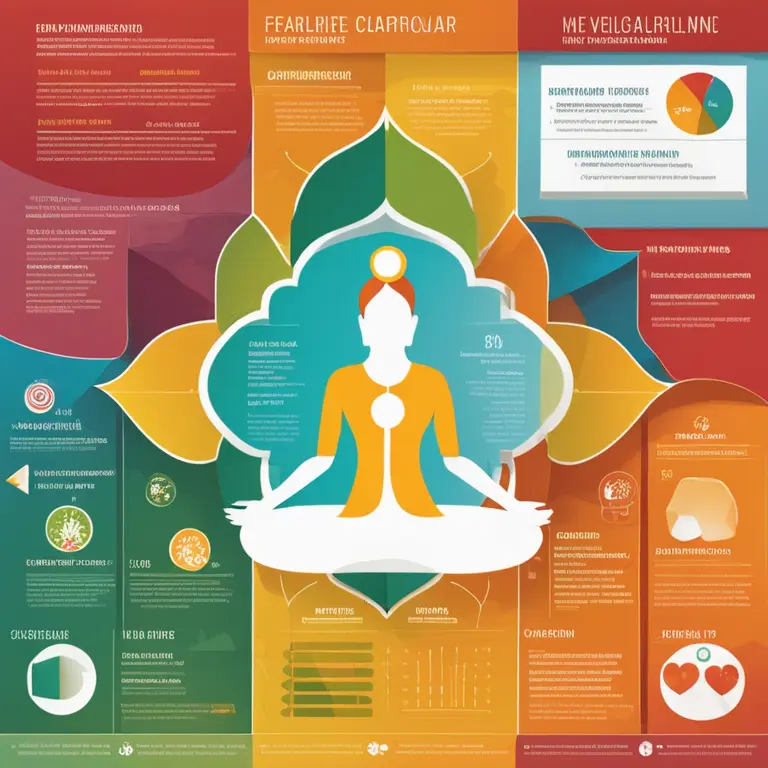
Can Meditation Help Manage Blood Pressure?
Discover the potential benefits of meditation on blood pressure management and overall cardiovascular health in this insightful article.
article by Hina Kurosawa
Introduction to Meditation and Blood Pressure
High blood pressure, or hypertension, is a common health concern that can lead to serious cardiovascular issues if left unchecked. Traditional methods of managing blood pressure include medication, dietary changes, and physical activity. However, an increasing body of evidence suggests that incorporating meditation into one’s lifestyle may offer additional benefits. In this article, we delve into the research and insights regarding the use of meditation as a tool for blood pressure management.

The Science Behind Meditation and Cardiovascular Health
Recent studies have shed light on the mechanisms by which meditation may influence cardiovascular wellbeing. One of the key processes involves the relaxation response, which is the body’s ability to decrease the activity of the sympathetic nervous system, known for its “fight or flight” reaction. Activation of the parasympathetic nervous system through meditation promotes relaxation and can reduce stress hormones like cortisol, which is associated with hypertension.

Meditative Practices That Lower Blood Pressure
Different meditative techniques, such as mindfulness meditation, transcendental meditation, and guided imagery, have been examined for their efficacy in lowering blood pressure. Guided imagery, for instance, directs the individual’s focus to calm and soothing images, reducing stress and potentially aiding in blood pressure control. Transcendental meditation, which involves the repetition of a mantra, has been particularly highlighted in research for its positive effects on blood pressure levels.

How Regular Meditation Affects Hypertension
To benefit from meditation in terms of blood pressure reduction, regular practice is crucial. One study published in 2024 indicated that participants who meditated consistently over an eight-week period showed a significant decrease in both systolic and diastolic blood pressure. These findings support the notion that sustained meditation can lead to lasting cardiovascular improvements.
Integrating Meditation Into Your Lifestyle
For those looking to start meditating, the key is to integrate it seamlessly into your daily routine. Starting with just a few minutes a day can make a difference, with the potential to gradually increase the duration. Free resources and guided sessions are readily available online, making meditation an accessible option for people everywhere seeking to improve their health.
Considerations and Recommendations for Practice
Although meditation is a powerful tool, it should complement, not replace, traditional medical approaches to managing hypertension. It’s advisable for individuals to consult with healthcare professionals before making any significant changes to their health regimen. Additionally, while meditation is generally safe for everyone, personal preferences and individual responses to different techniques can vary.
Published: 1/14/2024
Modified: 1/15/2024
More predictions
Come back here soon to learn more about yourself and your future


Calming the Storm: Mindfulness Meditation for Anger
Discover how mindfulness meditation can be a powerful tool for anger management, promoting inner peace and emotional balance.


Mindfulness & Meditation: A Guide for High Schoolers
Discover the benefits of mindfulness meditation tailored for the hectic life of high school students, and learn simple strategies to incorporate it into the daily routine.


Easing Loneliness with Mindfulness Meditation
Explore how mindfulness meditation can provide solace and connection to alleviate the feelings of loneliness.